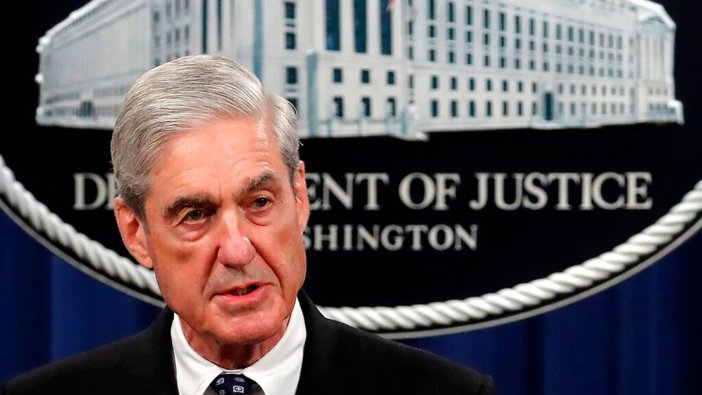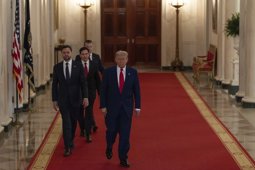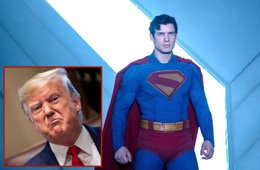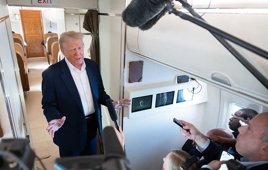
No Active Special Counsel, Past Probes Resurface
For the first time since 2017, no active special counsel exists—yet past probes continue fueling political tension.
Special Counsel Era Ends, But Investigations Cast Long Shadows
For the first time in nearly a decade, the office of the special counsel stands vacant. Since 2017, a series of high-profile investigations—most involving current or former presidents—have captivated the nation, producing reports, indictments, and political fallout. Now, those investigations are officially closed, but their legacies remain active in the American political conversation.
The timeline of special counsel activity began with Robert Mueller’s 2017 probe into alleged Russian interference in the 2016 election. It continued with John Durham’s 2019 investigation into the origins of that very probe, and Jack Smith’s 2022 dual investigations into Donald Trump’s handling of classified documents and his alleged role in the January 6 Capitol riot.
Later came Robert Hur in 2023, who investigated Joe Biden’s retention of classified materials from his vice presidency, and David Weiss, whose yearslong inquiry into Hunter Biden ended in charges and a presidential pardon. Each investigation is now concluded, but key revelations still echo across Washington.
Biden Interview Audio and Comey Post Reignite Debate
Last Friday, audio from President Biden’s interview with Special Counsel Hur was released, revealing struggles with memory on major events, including his vice presidency and his son Beau’s death. Hur declined to charge Biden, but characterized him as a “well-meaning elderly man with a poor memory.” The release of the audio followed congressional calls for greater transparency amid ongoing concerns over Biden’s cognitive health.
Meanwhile, controversy reignited around former FBI Director James Comey. Comey posted—and later deleted—an image on Instagram of seashells arranged as “86 47.” The numbers were interpreted by some as a coded reference to “get rid of Trump,” the 47th president. Comey denied any such intent, stating he opposes violence and removed the post once he learned of its potential interpretations.
Comey’s history is central to these unfolding events. He authorized the original Trump-Russia “Crossfire Hurricane” probe, a move scrutinized by Durham’s investigation. Durham found the FBI lacked verified evidence to justify the probe’s opening and ignored CIA intelligence suggesting a politically motivated attempt by Hillary Clinton’s campaign to link Trump to Russian interference.
Trump Orders Declassification; Smith and Weiss Close Files
To expose the full extent of the “Crossfire Hurricane” investigation, President Trump in March signed an executive order requiring the FBI to declassify related documents. The FBI is expected to comply in the coming weeks.
Elsewhere, Smith’s investigation lost momentum as the FBI disbanded a public corruption unit in the field office that supported his work. And in Weiss’s case, the focus returned to Hunter Biden. After pleading guilty to felony firearm and tax charges, Biden was pardoned by his father, then-President Biden. That pardon—reportedly issued via Autopen—was later criticized by Trump as “void,” claiming Biden neither understood nor approved the legal documents.
In his final report, Weiss condemned Biden’s public statements about the case and called the pardon “inappropriate,” which prevented further discussion of additional charges. The fallout from that decision has only intensified calls for greater scrutiny of the Justice Department’s role and the power of presidential pardons.
Though the special counsels have stepped aside, the consequences of their investigations remain embedded in the political landscape, ensuring that their influence endures long after their official duties have ended.






